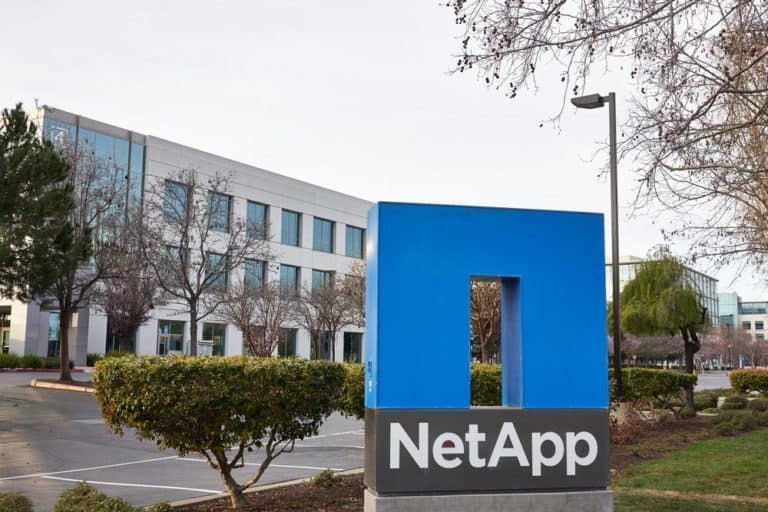NetApp officially released its data management suite for Kubernetes workloads, NetApp Astra. Astra is a SaaS-type managed service that is used to protect, recover and move containerized apps. There is no software to download, install, configure or upgrade.
Eric Han, the product management Veep for Public Cloud Services at NetApp, said during the launch that backup, cloning, disaster recovery, compliance, data optimization, data lifecycle operations, and security are all critical to organizations,
When taken together, the challenges can become complex and at odds with the fast, flexible app development and deployment Kubernetes aims to offer.
Related: What is NetApps’s Project Astra?
What to expect
NetApp Astra is set to realize the goal of making it easy to take full advantage of Kubernetes’s features.
The chief architect at SAP, Rushi NS, is a fan of the product and says that Astra will make it so much easier to manage, move and protect data-rich workloads in Kubernetes across on-premises and cloud environments.
He said he looks forward to collaborating with NetApp in the development of Astra. Astra supports Kubernetes apps hosted on Google Kubernetes Engine clusters on Google Cloud. It comes with a fully managed Cloud Volumes Service, to act as the persistent storage provider.
What can Astra do?
Once customers register their Kubernetes clusters with Astra, it will automatically discover all apps running in the clusters and provisions storage and storage classes (using NetApp Trident storage orchestrator). It then avails data management functions like:
- Data protection with snapshots (can recover data inside a single Kubernetes cluster)
- Disaster recovery where app backups can be sent to a remote Kubernetes cluster in the same or different regions.
- App migration with active clones to move entire apps and data to a different cluster, no matter the distance.
Users can look forward to simplified operations now.
